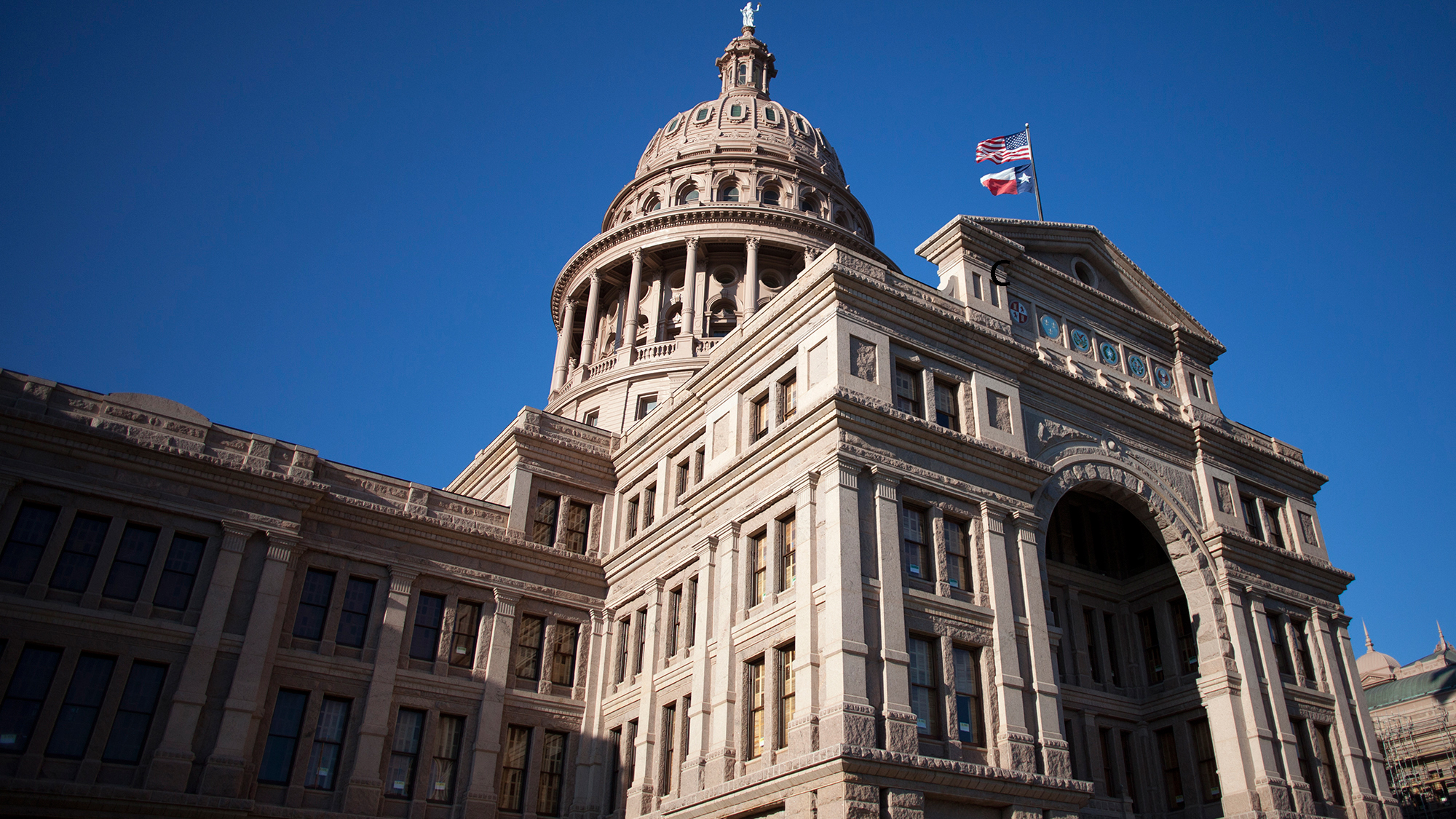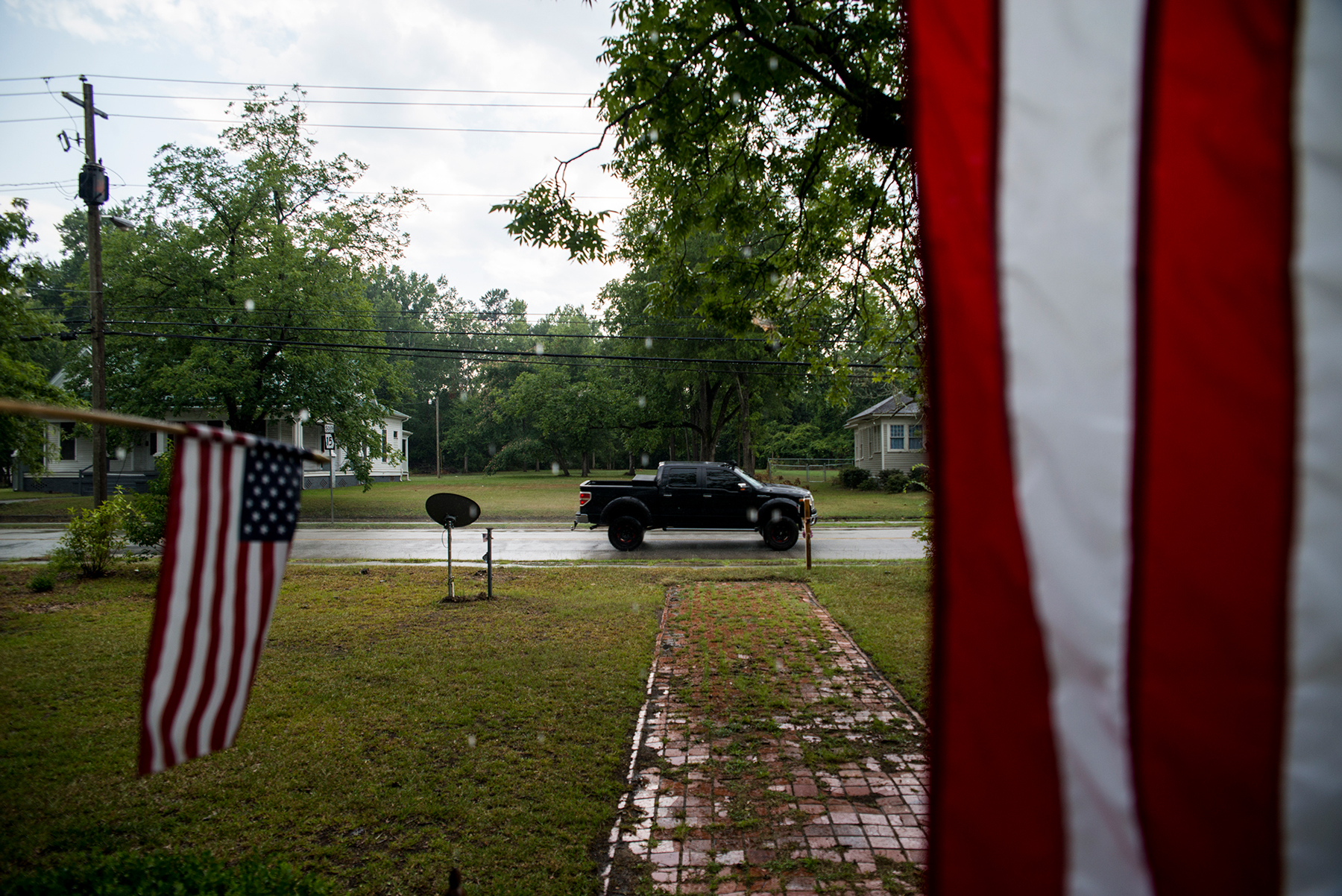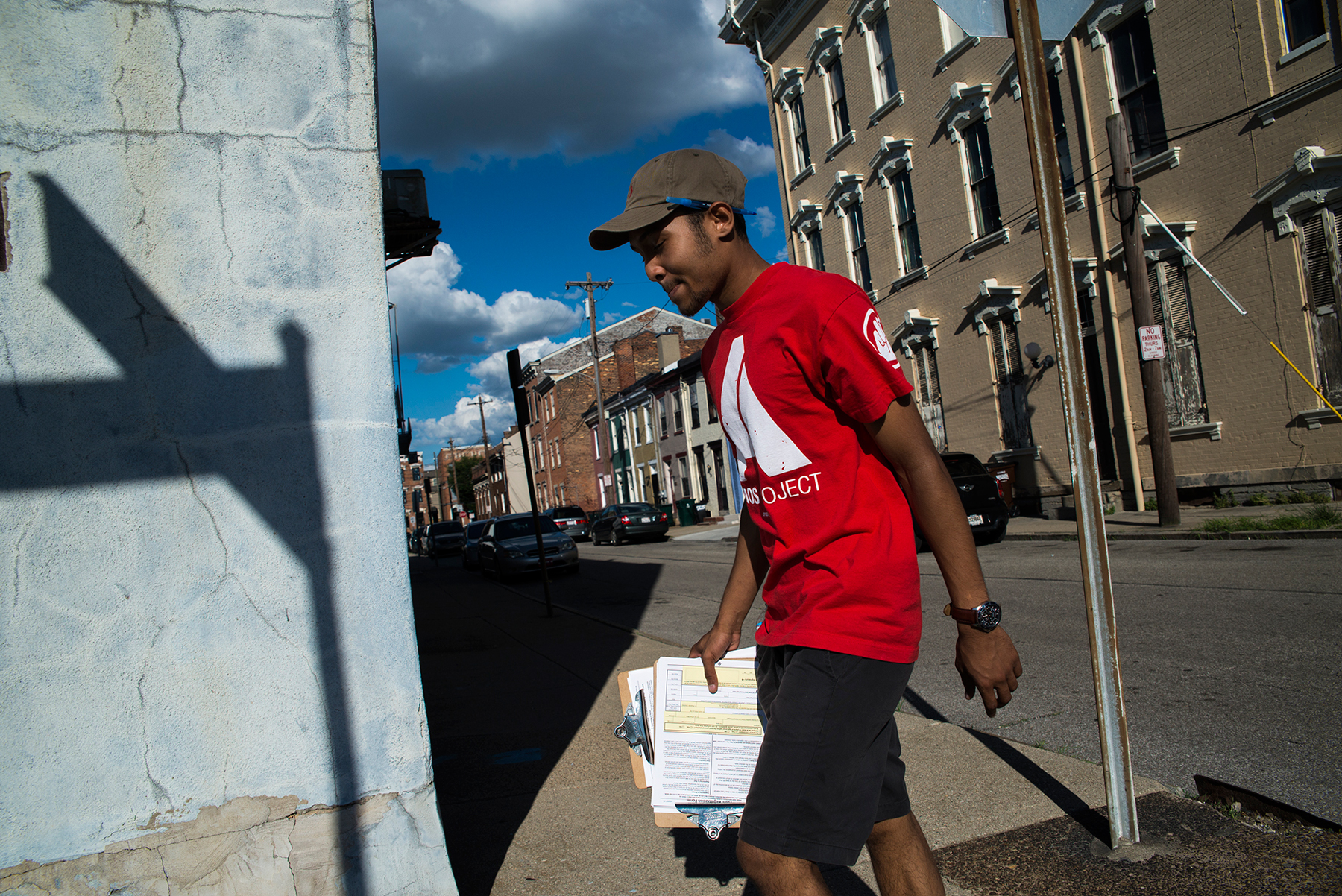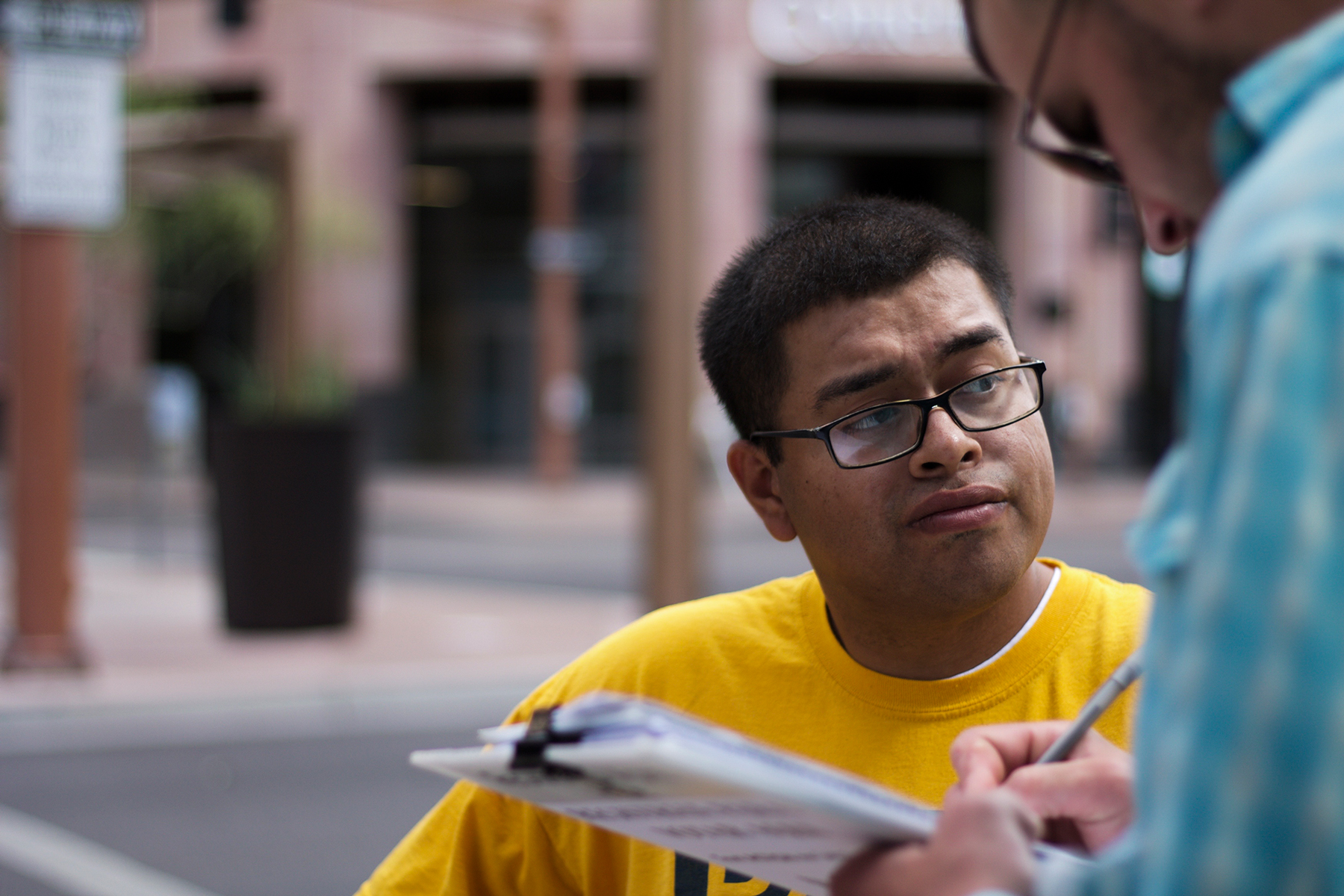Wisconsin Gov. Scott Walker told News21 that the number of fraud cases is beside the point. “All it takes is one person whose vote is canceled by someone not voting legally and that’s a problem,” he said. “I always tell folks who oppose (the ID law) tell me whose vote they want canceled out.”
A similarly strict voter ID law was weakened by a federal appeals court in Texas, after a panel of judges determined that the law violated the 1965 Voting Rights Act by discriminating against minority voters. The 5th Circuit Court of Appeals found that African-Americans were 1.79 times more likely – and Latinos 2.42 times more likely – than whites to lack the required identification.
Judges have also found that minority voters are less likely to own a car and therefore less likely to get a driver's license that could be used as an ID.
The appellate court did not strike down the Texas law entirely, but under a temporary fix signed off on by a federal judge, the state's voters won't have to show ID in the November general election. However, the U.S. district court for the southern district of Texas was instructed to temporarily find ways to assist potential voters who are lacking identification before determining a more permanent fix.
Texas Gov. Greg Abbott has called voter fraud “rampant” in Texas. A records request from News21 to the Office of the Attorney General of Texas shows that more than 360 allegations of voter fraud were sent to the attorney general since 2012. Fifteen of those cases were successfully prosecuted. Four of those convicted were voters – the rest were elections officials or third-party volunteers.
Minnite, who has studied voter fraud for 15 years, said that actual instances of fraud lie somewhere between the number successfully prosecuted and the number of allegations. In her experience, few allegations meet the criteria of fraud: “intentional corruption of the electoral process” by voters.
“Large numbers getting reduced, reduced, reduced at each level is the pattern that I’ve seen over and over and over again,” Minnite said. “The assumption should be the reverse of what it is. It should be ‘We’ve got a lot of errors here.’”
Kim Strach, director of the North Carolina State Board of Elections, testified in a recent court case about North Carolina’s voter ID law that she has referred two cases of voter impersonation to prosecutors since 2013.
In July, a federal appeals court for the 4th Circuit decided that the North Carolina law intentionally discriminated against minority voters and ordered the state to make voter ID requirements less strict. In attempting to “combat voter fraud and promote public confidence,” the state ignored the issue of absentee ballot fraud, instead cracking down on voter impersonation, a problem “that did not exist,” according to the court decision. Absentee ballots are “disproportionately used by whites,” the court said, while the voter ID restrictions enacted “target African-Americans with almost surgical precision.”
State Sen. Ron Rabin, who helped push the voter ID bill through the North Carolina Senate, said the law wasn’t intended to discriminate. “I don’t want to disenfranchise anybody,” he said. “I want to have them enfranchised so that one vote, one person. That’s the whole thought behind that whole bill.”










